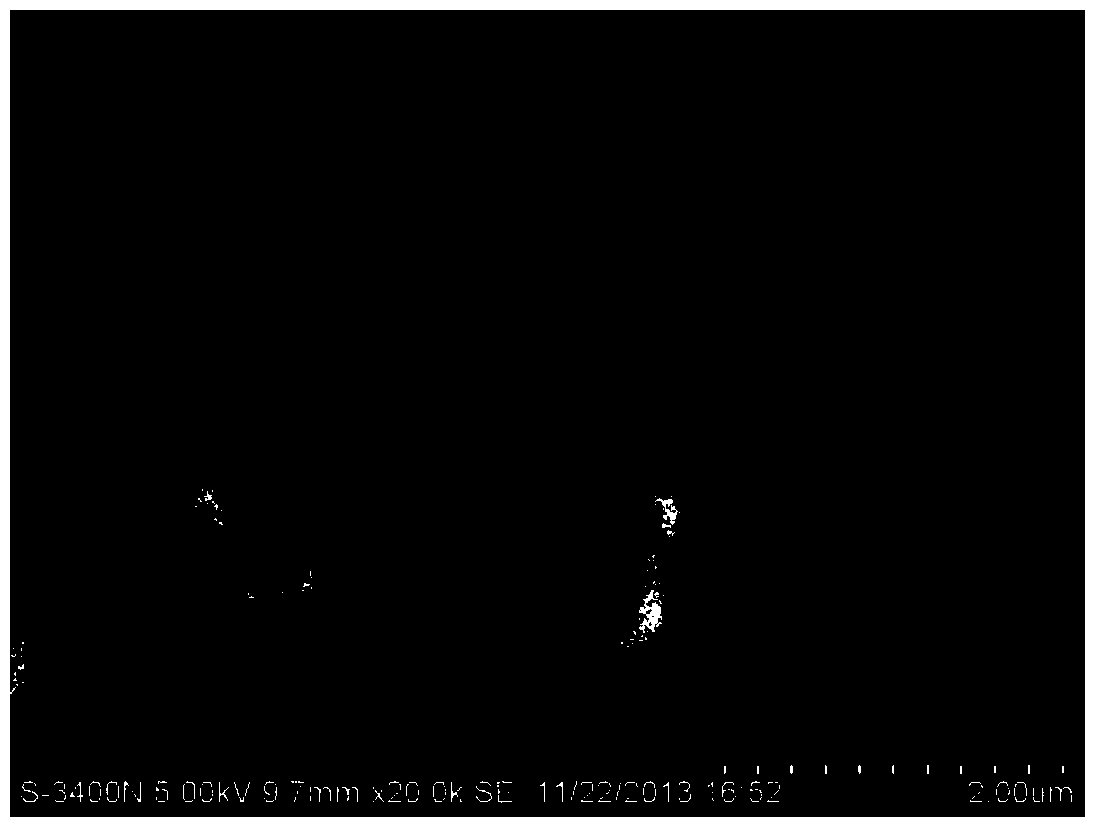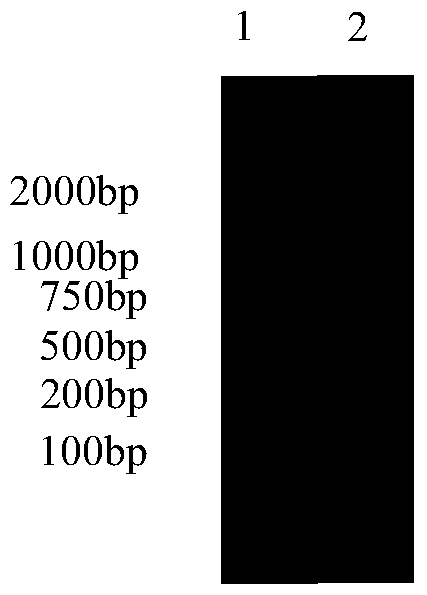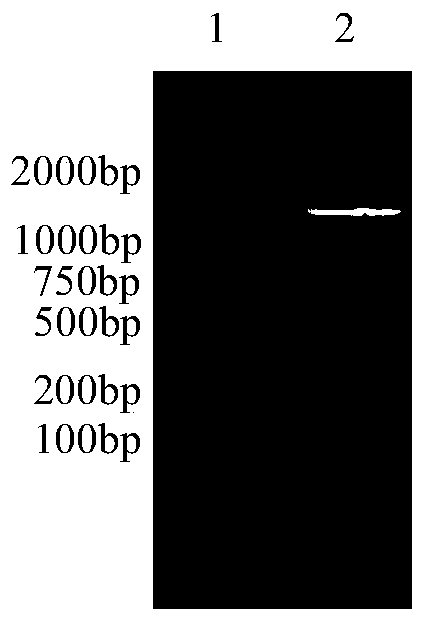A high-efficiency lignocellulose-degrading bacteria k24 and its application
A lignocellulose-based, high-efficiency degrading bacteria technology, applied in bacteria, microorganisms, microorganism-based methods, etc., can solve the problem of low enzyme activity, and achieve stable enzyme activity, rapid value-added, significant lignin degradation ability and hemicellulose. The effect of degrading ability
- Summary
- Abstract
- Description
- Claims
- Application Information
AI Technical Summary
Problems solved by technology
Method used
Image
Examples
specific Embodiment approach 1
[0024] Specific embodiment one: a lignocellulosic material efficient degrading bacterium K24 of this embodiment, it is enterobacter hormaechei (Enterobacter hormaechei) K24, is preserved in the common microorganism center of China Committee for Microorganism Culture Collection, and the preservation address is Beijing No. 3, Courtyard No. 1, Beichen West Road, Chaoyang District, the city, the date of preservation is December 12, 2014, and the preservation number is CGMCC No.10169.
[0025] Enterobacter hormaechei (Enterobacter hormaechei) K24 of the present embodiment is a Gram-negative bacterium, and the bacterial cell shape of this strain is rod-shaped, and the bacterial cell size is 0.52~0.56×1.3~1.5 μm, does not form spores, and has no flagella and pods Membrane; forms round, opaque, milky-white colonies with smooth protrusions and neat edges on LB medium (such as figure 1 shown).
[0026] The results of the physiological and biochemical reactions of the strain included 18...
specific Embodiment approach 2
[0087] Embodiment 2: The application of a lignocellulosic substance-degrading bacteria in this embodiment, which is used to degrade lignocellulosic substances.
[0088] Bacterial strain of the present invention is carried out following functional detection:
[0089] Enterobacter hormaechei (Enterobacter hormaechei) K24 of the specific embodiment was tested for weight loss rate and lignin, cellulose and hemicellulose degradation of bagged fungus waste and corn stalks to verify its unique functions. details as follows:
[0090] 1. Determination of weight loss rate of bagged fungus waste and corn stalks
[0091] 1.1 Corn stalk powder
[0092] Corn stalks were taken from the experimental field of the laboratory in Hulan Campus, Heilongjiang University, Harbin City, Heilongjiang Province in October 2012, dried, crushed and passed through a 40-mesh sieve, and set aside.
[0093] 1.2 bags of fungus waste
[0094] Bags of fungus waste were provided by Mudanjiang Branch of Heilongj...
PUM
 Login to View More
Login to View More Abstract
Description
Claims
Application Information
 Login to View More
Login to View More - R&D
- Intellectual Property
- Life Sciences
- Materials
- Tech Scout
- Unparalleled Data Quality
- Higher Quality Content
- 60% Fewer Hallucinations
Browse by: Latest US Patents, China's latest patents, Technical Efficacy Thesaurus, Application Domain, Technology Topic, Popular Technical Reports.
© 2025 PatSnap. All rights reserved.Legal|Privacy policy|Modern Slavery Act Transparency Statement|Sitemap|About US| Contact US: help@patsnap.com



